
Ever wondered why your gut seems to be having a tantrum after what appears to be an innocent meal? Well, the culprit might be hiding in your kitchen cupboard. The gut is not just a digestive system but an active metropolis of trillions of bacteria who are all working overtime to keep your body, mind, and mood hum smoothly. But when the negative foods crash the party, things can get out of control, leading to anything from bloating to more severe medical problems in the future.
Seattle gastroenterologist Dr. Chris Damman is not afraid to call the perpetrators by name. He warns, “The foods you eat determine what type of bacteria get to reside in your gut.” And if you’re not providing your gut with the good guys, you might be opening the door to all sorts of issues, from leaky gut to chronic inflammation. Ready to learn the real gut saboteurs and discover the swaps that actually make a difference? Let’s dive into the science and the solutions.
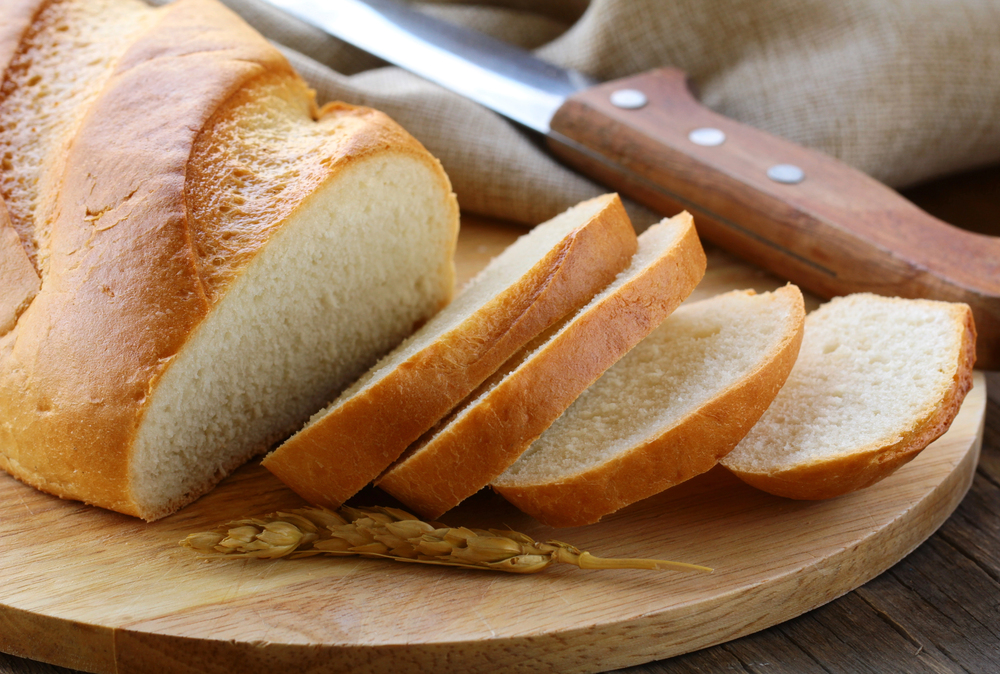
1. Sneaky Gut Starvers: Slick Baked Goods
White breads and pillow-y flaky pie crusts look harmless enough, but they are missing the one thing your gut bacteria are starving for: fiber. Dr. Damman explains, “These foods do not contain fibers that gut bacteria turn into molecules that feed healthy colon cells and protect your body from obesity and diabetes.” Without fiber, your good bacteria are starved, and that can cause gut diseases, including inflammatory bowel disease and metabolic syndrome, a study in Nutrients discovered in 2021.
The solution? Substitute whole grains for processed carbs. Not only will they feed your good gut friends, but they’ll also be able to keep that intestinal seal tight and prevent all those unwanted toxins from getting into your bloodstream. Bonus points: whole grains have been demonstrated to reduce your chronic disease risk.
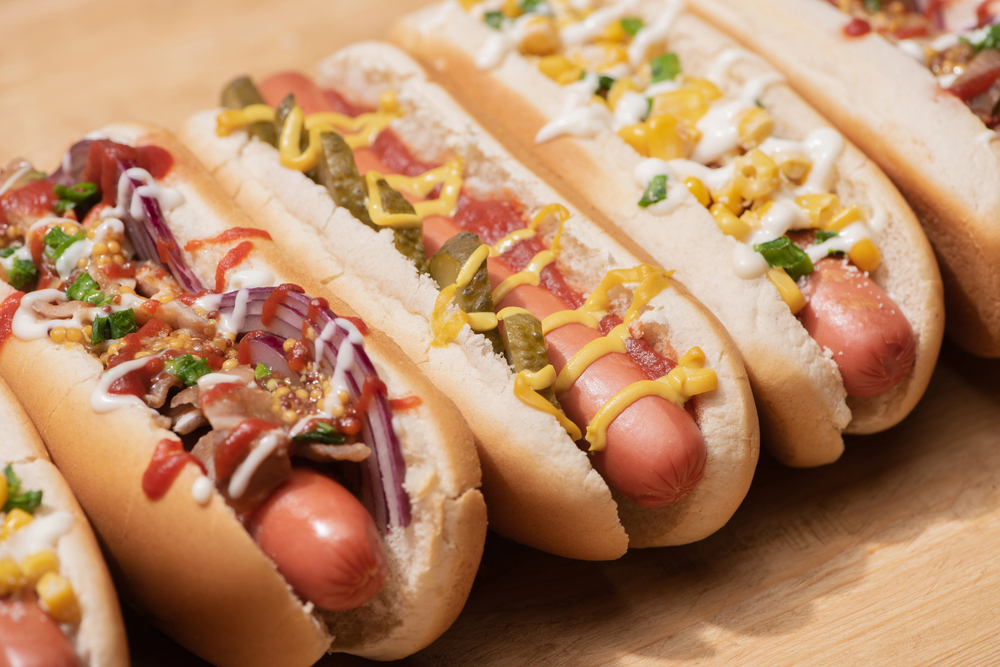
2. Processed Meats: A Recipe for Trouble
Bacon, hot dogs, and beef jerky are likely barbecue favorites, but they’re not the best gut choice. Dr. Damman warns, “Bacon, hot dogs, beef jerky and lunch meats pose a high colon cancer risk because the natural ingredients and additives are converted when they are cooked to carcinogens.” And it gets worse these foods also stimulate the reproduction of harmful bacteria, which, in a 2021 University of Washington study, were also linked to a high risk of colon polyps that develop into cancer.
For a microbiome-friendly plate, select unprocessed, lean protein in smaller amounts go for chicken or grass-fed beef in smaller amounts. These are richer in nutrient-dense better fats and less likely to cause havoc for your microbiome.
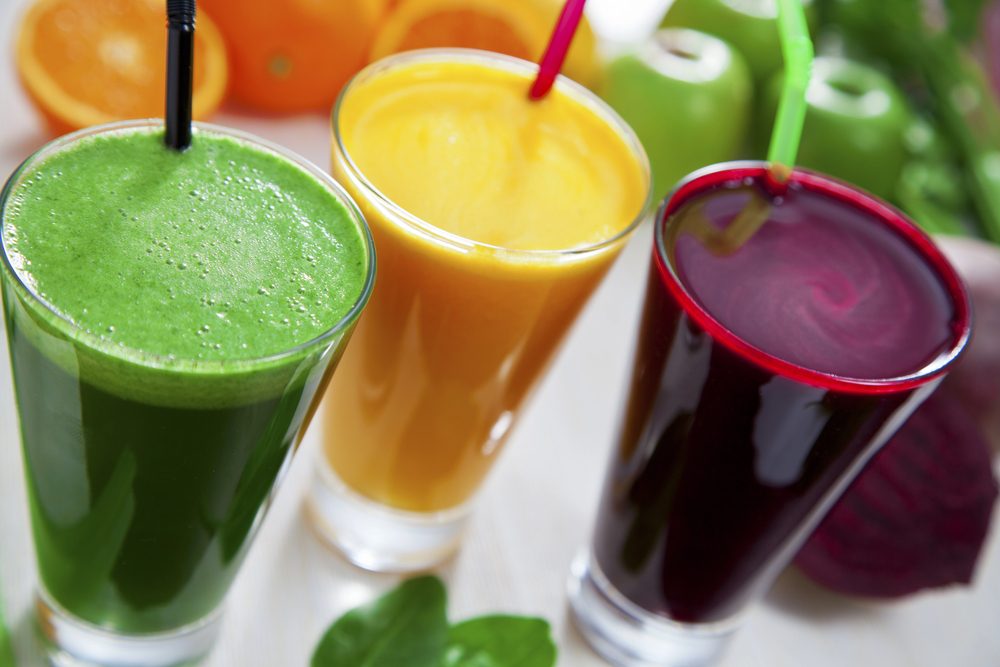
3. Sugary Drinks: Liquid Mayhem for Your Microbiome
Fizzy water isn’t the worst offender many fruits juices and even some diet beverages will wipe out your gut, particularly those that contain high fructose corn syrup or artificial sweeteners saccharin or sucralose. Dr. Damman says, “These beverages have the potential to feed bad bacteria in your colon and create diarrhea, as well as diabetes and obesity.”
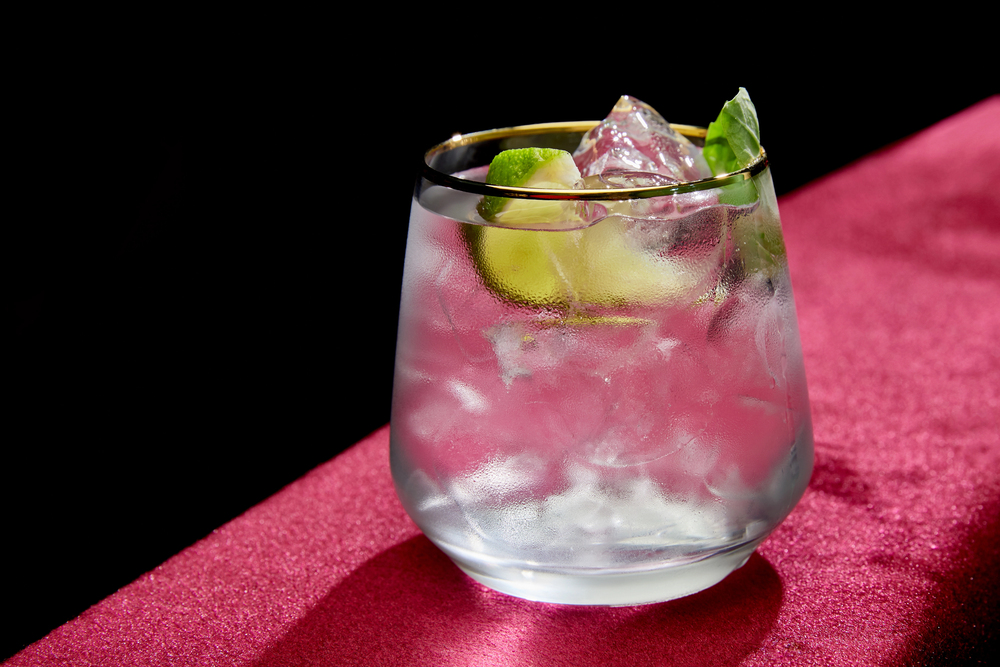
A clinical trial in Clinical Gastroenterology and Hepatology found that excessive sugar consumption ravages the lining of the intestine, making the gut more permeable and resulting in an imbalance of bacteria a.k.a. dysbiosis. The remedy? Drink a glass of ice water, unsweet tea, or coffee. If you must sweeten, Dr. Damman suggests using allulose as an excellent alternative.
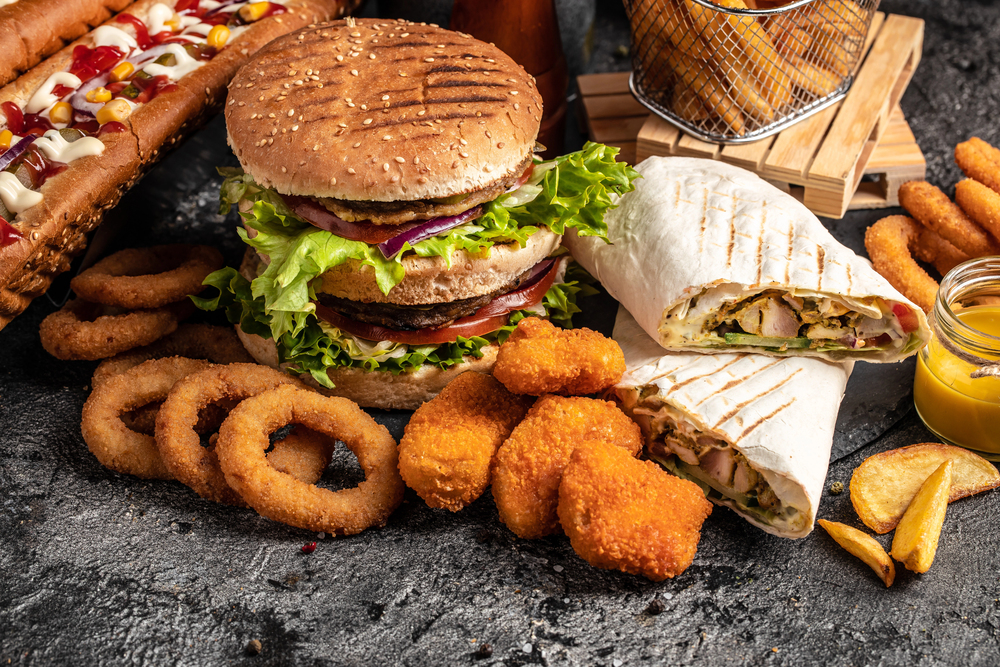
4. Fried Foods: The Hard-to-Digest Villains
Fried foods are the top irritants of the gut, and no surprise. They’re difficult to digest because they’re full of fat, which can cause heartburn, bloating, and gas especially for those with sensitive stomachs. Digestive health professionals say fried foods may also cause inflammation and in the long term possibly even disrupt the balance of your gut bacteria.
Crunch fix? Air fry or roast your proteins and veggies for a superior, gut-superior choice. Your gut and your microbiome are going to thank you.
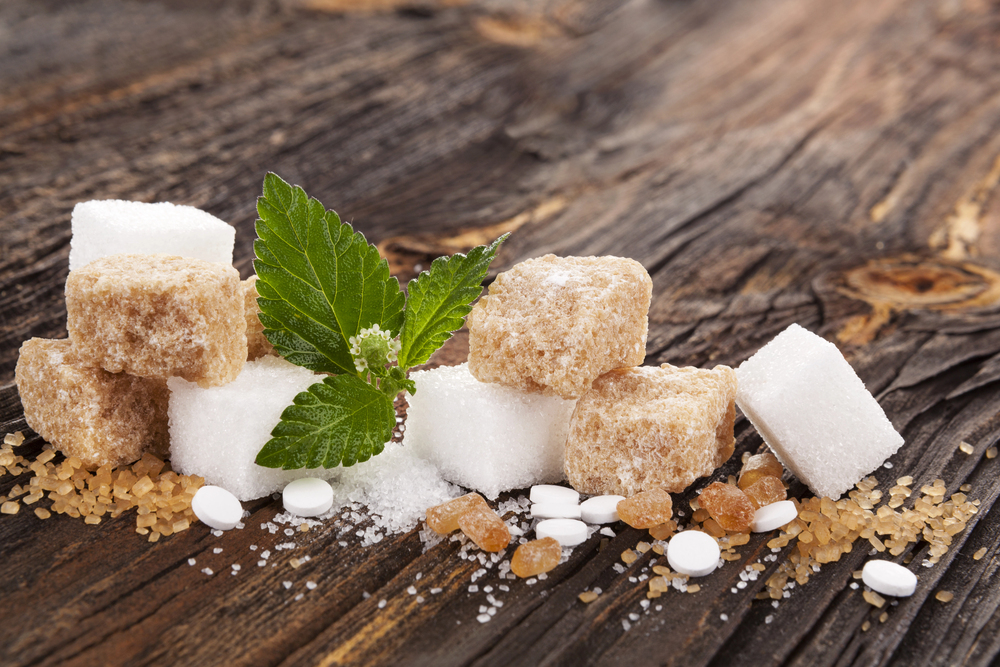
5. Artificial Sweeteners: The Not-So-Sweet Truth
Consider artificial sweeteners over sugar is a health bargain? Consider again. The pink, yellow, and blue packets ubiquitous in much diet food and drink fill your belly with gas, diarrhea, and bloating, and even nourish the wrong kinds of gut bacteria. A newly released article associates these additives with dysbiosis of gut microbiota and gastrointestinal upset.
If you have to cut down on sugar, go in for natural alternatives in moderation or just habituate your tongue to enjoying less sweetness. Your gut microbes will reward you with greater equanimity and fewer fireworks.
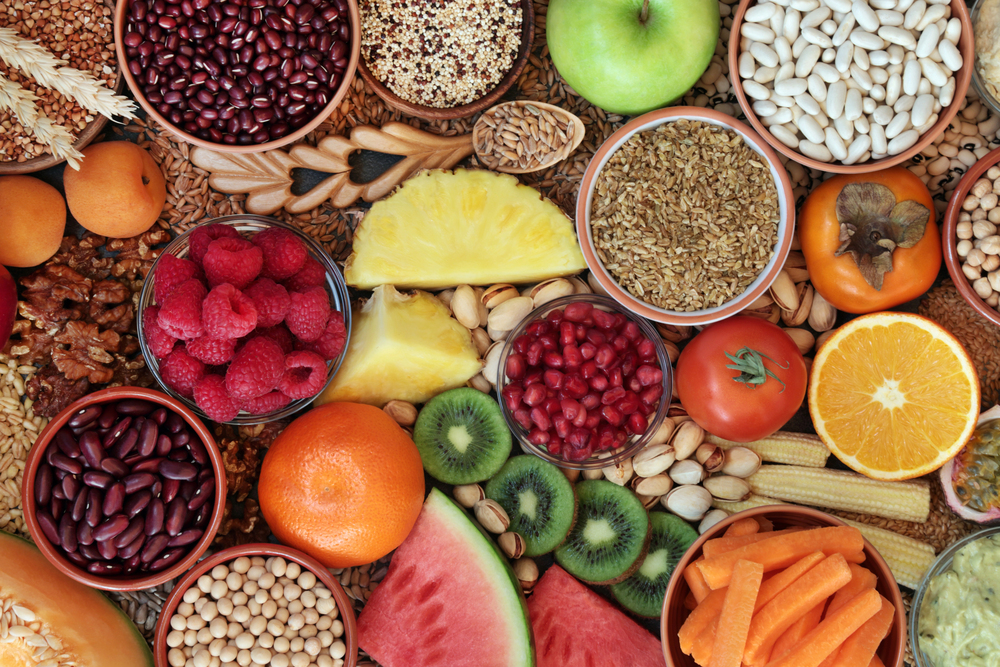
6. Low-Fiber Diets: Starving Your Microbial Allies
Low-fiber diets aren’t simply going to make you sluggish research suggests they actually decrease the variety of gut bacteria, a giant red flag for long-term health. A 2024 review of multi-omics research concluded that fiber is the single most significant nutrient for sustaining a healthy, resilient microbiome. Without fiber, mucus-tamping-down bacteria can hit the buffet line and devour your gut’s protective coating, making you vulnerable to infection and inflammation.
The American Dietary Guidelines advise 25 to 30 grams of fiber per day, but the majority of us are not meeting these needs. Munch on your veggies, fruits, legumes, and whole grains to provide energy for your gut to function optimally.
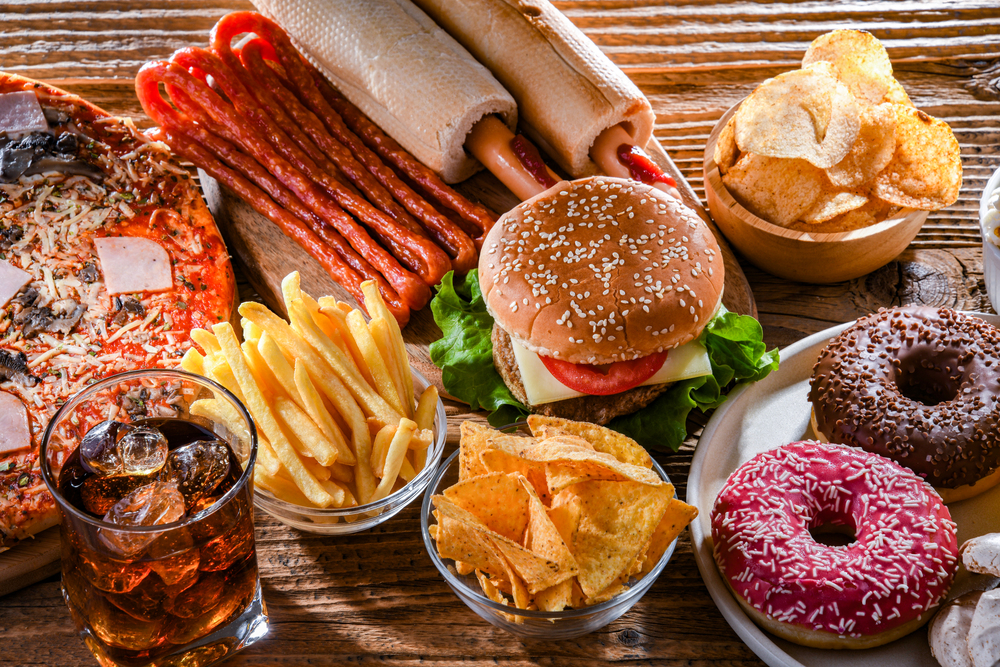
7. High Saturated Fat: A Fast Track to Dysbiosis
It’s less about what you’re consuming, but the type of fat. Saturated-fat-rich diets hi, fatty steaks, butter, and some processed goodies can restrict the diversity of your gut bugs and nourish the nasty ones. According to a 2024 review, excessive saturated fat intake damages the gut barrier and leads to inflammation, especially in those already vulnerable to gut disease.
Use healthy fats such as olive oil, avocados, and nuts instead. Not only do they nourish your gut lining, but they also nourish good bacteria to thrive.
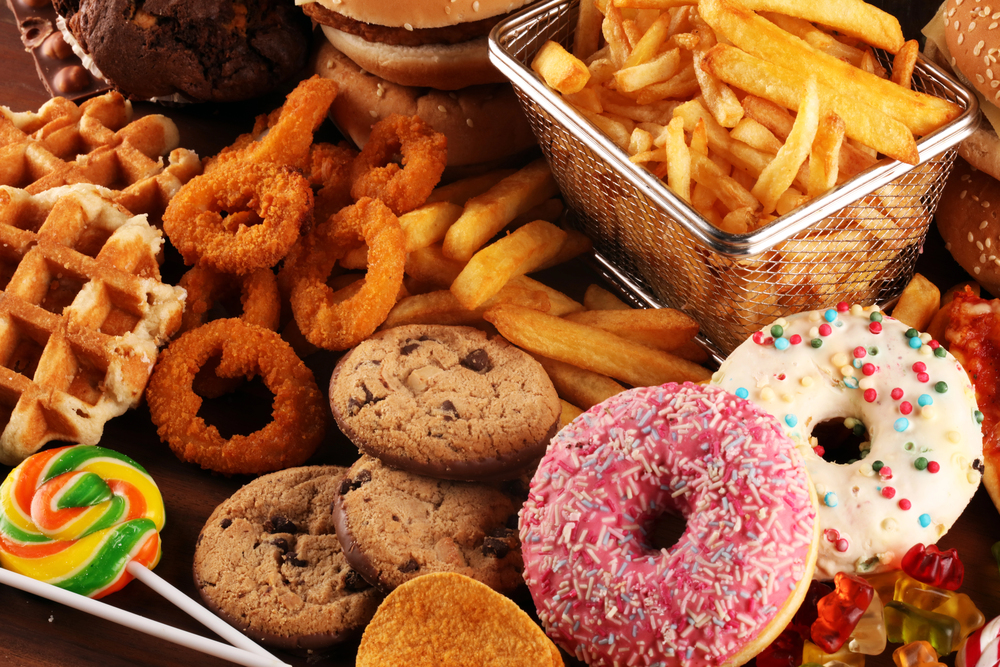
Gut health isn’t just about dodging the obvious junk food it’s about making mindful swaps that feed your inner ecosystem. By steering clear of these gut-wrecking foods and embracing fiber-rich, minimally processed options, you’re setting yourself up for better digestion, a stronger immune system, and even a brighter mood. Remember, every bite is a chance to help your gut and your whole body thrive.


